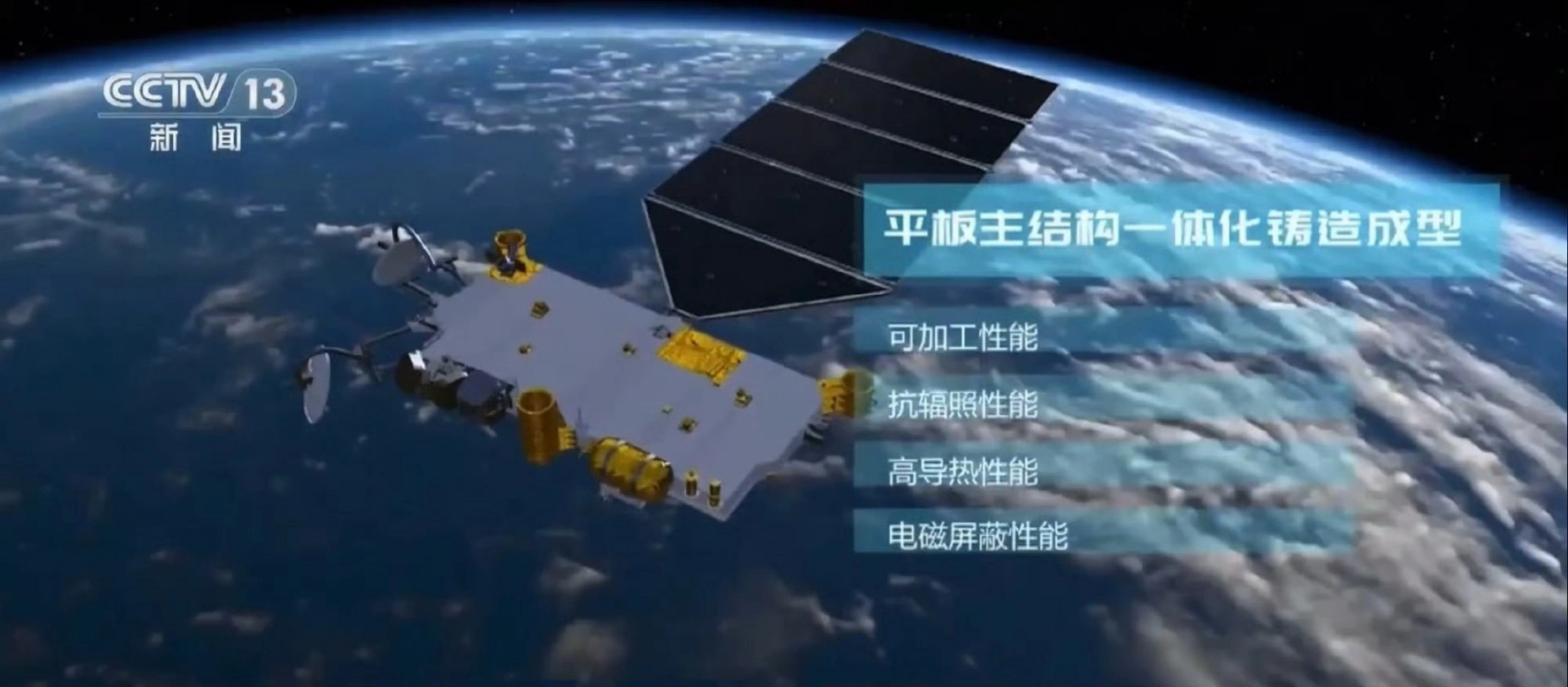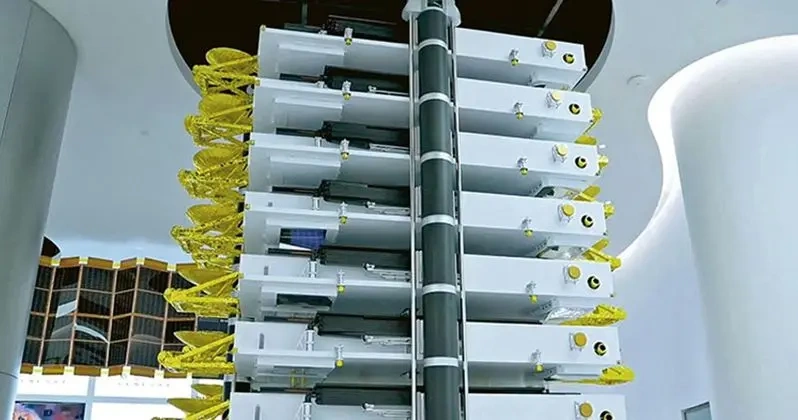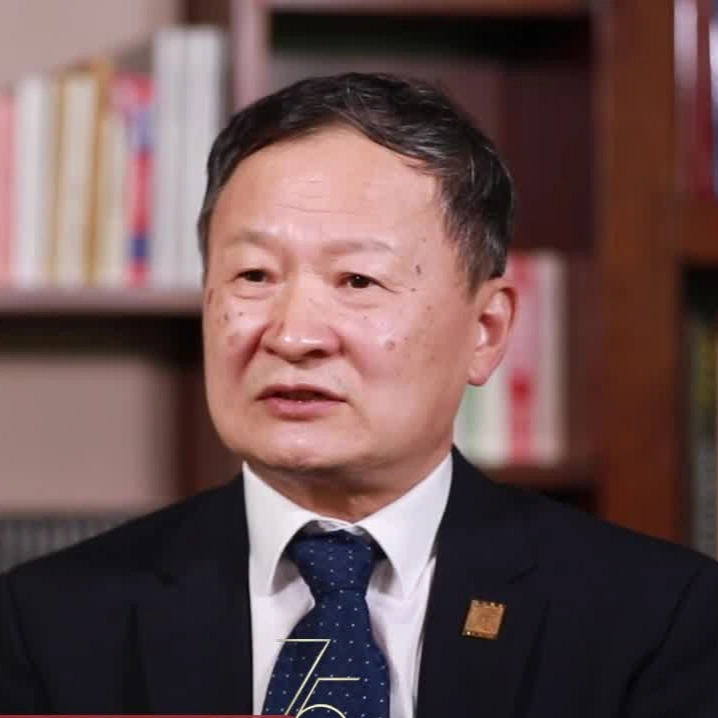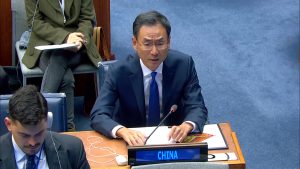China’s Starlink Beats Elon Musk in Brazil
 On November 19, 2024, Brazil’s Minister of Communications Juscelino Filho signed a connectivity and digital economy agreement with the Chinese company SpaceSail and the National Data Administration of China.
On November 19, 2024, Brazil’s Minister of Communications Juscelino Filho signed a connectivity and digital economy agreement with the Chinese company SpaceSail and the National Data Administration of China.
On November 20, China’s low Earth orbit satellite network, 千帆星座 (Qianfan, officially known as the Spacesail Constellation), signed an agreement with Brazil’s National Telecommunications Company, Telebrás, to begin providing satellite communication and broadband internet services to Brazil by 2026.
According to the US International Trade Administration, Brazil had approximately 181.8 million internet users in January 2023, and the telecommunications market in Brazil is expected to grow to $40.82 billion by 2028. This represents a significant loss for Starlink.
For Spacesail, this deal is almost a miracle—a classic David versus Goliath story. While the Spacesail Constellation aims to deploy a network of 14,000 low Earth orbit satellites, it only began launching in August of this year and currently has just 36 satellites in orbit. By contrast, Starlink began launching its satellites back in 2019 and now boasts over 7,000 satellites in orbit, serving users across more than 100 countries.
When it comes to the scale of satellite deployment and operational experience, Starlink clearly holds a significant advantage. So why did Brazil opt not to partner with the more established Starlink? The decision appears to rest on three key factors:
Firstly, for Brazil, the national security risk posed by Starlink cannot be ignored since it belongs to Elon Musk.
In 2022, Musk acquired Twitter, and in 2023, following the defeat of Jair Bolsonaro in the presidential election, a significant amount of fake news circulated on the platform (now X), inciting thousands to storm the Brazilian Congress and Supreme Court in an attempt to foment a military coup.
 Supporters of Brazil’s former President Jair Bolsonaro rally outside Brazil’s National Congress, January 8, 2023 [Adriano Machado/Reuters]
Supporters of Brazil’s former President Jair Bolsonaro rally outside Brazil’s National Congress, January 8, 2023 [Adriano Machado/Reuters]
While the Brazilian Supreme Court initiated an investigation into accounts spreading seditious content, Musk obstructed the judicial process by refusing to appoint a new legal representative in Brazil. This led Judge Alexandre de Moraes to order a ban on the platform. The Supreme Court also temporarily froze the bank accounts of both Starlink and Twitter (X), lifting the freeze only after Musk paid a $3 million fine on September 13, 2024.
Moreover, although Starlink operates as a private company, the U.S. Space Force has the ability to access the capabilities of the commercial space sector through “pre-negotiated contractual agreements,” which can be activated during times of crisis or conflict, as outlined in the “U.S. Space Force Commercial Space Strategy USSF” document was released in April 2024.
While Musk has stated to his biographer that “Starlink was not meant to be involved in wars,” Bloomberg reported in June 2023 that SpaceX had entered into a deal with the U.S. Department of Defense to fund satellite services in Ukraine.
Dr. Yasmin Curzi, Professor at FGV Law School in Rio de Janeiro, points out “Starlink could disclose internet traffic data to the US government.” She also noted in an interview with French media outlet Le Monde that Elon Musk’s potential appointment in a future Trump administration could affect Brazil’s sovereignty.
Secondly, Spacesail is designed to surpass Starlink in terms of anti-interference capability.
According to China Space News, Spacesail employs a multi-layer orbital configuration similar to Starlink, operate at orbital altitude around 1000 kilometers. In comparison, Starlink satellites operate in a low Earth orbit below 600 kilometers. This suggests that a single Spacesail satellite boasts a wider signal coverage area, making it a more formidable to be targeted, notably the USAF’s ASM-135 missiles, which have an operational range of up to 648 kilometers.

 The Spacesail satellite is flat before its solar panels unfold, enabling it to be stacked for a rideshare launch. Image source: China Central Television (CCTV)
The Spacesail satellite is flat before its solar panels unfold, enabling it to be stacked for a rideshare launch. Image source: China Central Television (CCTV)
The third point is the need to counter SpaceX’s growing monopoly on space satellite orbital resources.
The 1967 Outer Space Treaty declares that outer space is the “common heritage of mankind” and cannot be claimed or owned by any single nation. However, the reality is quite different. According to calculations by China’s state media Xinhua, Earth’s low Earth orbit (LEO) can accommodate a maximum of around 60,000 satellites, yet Starlink alone is planned to occupy over 40,000 orbital slots. Furthermore, official SpaceX documents reveal that if a Starlink satellite fails, it could take up to five years to deorbit, leading to significant waste of both time and orbital resources.
In this regard, Chinese strategist Prof. Wang Xiangsui pointed out that the development of Spacesail is vital to ensuring a competitive and free market in space.
He draws a parallel to lunar exploration, noting that when the United States had a monopoly on lunar exploration, no one discussed the ownership of lunar minerals. However, after China’s Chang’e program successfully retrieved samples from the far side of the Moon, the U.S. quickly initiated discussions with China on the matter.
With the joint action between Brazil and China marking the first step against space monopolies, it is likely that more developing countries will seek alternative satellite providers, driven by concerns over SpaceX’s safety practices and technological standards. This shift may prompt the White House to recognise that neither Latin America nor space is America’s backyard.
http://www.news.cn/science/20240903/5bf288c1f58a434f97e5b0cb16fb7f64/c.html
https://ca.marketscreener.com/news/latest/Chinese-rival-to-Starlink-strikes-deal-to-enter-Brazil-48417765/
https://www.guancha.cn/ChenLan/2024_11_26_756730_1.shtml
https://www.shanghai.gov.cn/nw4411/20241018/cd2f2155a52846fc997c35acabae75fb.html
https://www.lemonde.fr/en/economy/article/2024/11/18/brazil-seeks-to-break-starlink-s-monopoly_6733222_19.html#
https://www.news.com.au/technology/online/social/twitter-is-dead-brazil-judge-musk-standoff-intensifies-as-starlink-assets-frozen-over-x-feud/news-story/cd0d359a7ddc6cbf66c4754c009329d5
https://www.nytimes.com/2024/08/31/world/americas/brazil-x-ban-free-speech.html
https://www.wsj.com/video/series/on-the-news/dispatch-how-elon-musks-starlink-helps-connect-ukrainians-on-the-front-lines/5DE6AF3B-983A-4517-A98C-F6ABD7C39F2A
https://reutersinstitute.politics.ox.ac.uk/news/x-has-been-blocked-brazil-does-it-matter-journalism
https://baijiahao.baidu.com/s?id=1807182550304183299&wfr=spider&for=pc
https://qz.com/spacex-starlink-satellites-orbit-1851253932#:~:text=Starlink%20satellites%20operate%20at%20exceptionally,the%20result%20of%20atmospheric%20drag.
https://api.starlink.com/public-files/Commitment%20to%20Space%20Sustainability.pdf
https://www.bloomberg.com/news/articles/2023-06-01/musk-s-spacex-wins-pentagon-deal-for-its-starlink-in-ukraine
https://www.businessinsider.com/spacex-shotwell-mad-elon-musk-continued-financing-ukraine-starlink-report-2023-9
https://www.spaceforce.mil/Portals/2/Documents/Space%20Policy/USSF_Commercial_Space_Strategy.pdf
https://www.trade.gov/country-commercial-guides/brazil-ict-information-and-communications-technologies-and




-300x169.jpg)
Anonymous
发射成本呢?